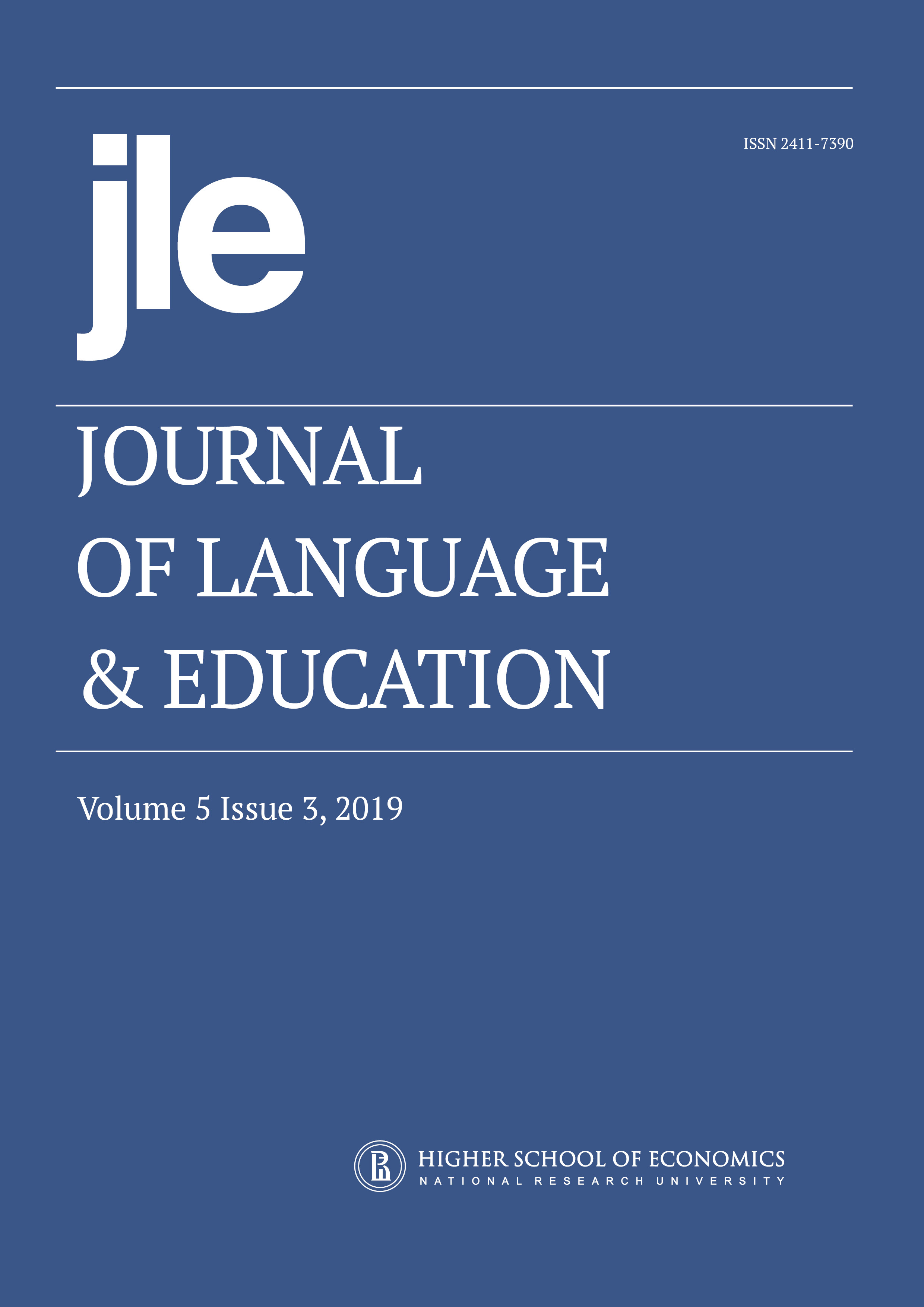Leadership Potential of Professional Teacher Associations in Russia: Formation of Middle Leaders
Abstract
This research study is aimed at investigating distributed leadership practices in the Russian school system, of which professional teacher associations (PTA) constitute a distinct feature. In particular, we set out to investigate the PTA leadership potential, as well as the role and specific personal characteristics of middle leaders in the Russian school education system. These associations are formed by the school administration on the basis of subject areas, bringing together teachers of maths, history, etc. Teachers join PTAs on a voluntarily basis. The key function of such organisations consists in the implementation of innovative educational approaches and techniques. In order to analyse their leadership potential, we carried out a sociological survey among the employees of high-profile secondary schools (gymnasiums and lyceums) situated in the major Russian city of Ekaterinburg. The research methodology comprised structured interviews with 110 respondents, along with in-depth interviews with 2 school directors, 4 school deputy directors and 6 heads of professional teacher associations. Our results show that the fundamentals and principles of distributed leadership are actively implemented in Ekaterinburg schools. The school administrations encourage the creation of professional teacher associations grouped around subject areas, delegating to these structural units the functions of improving the quality of teaching the respective subjects and disseminating educational innovations, at the same time as fulfilling the requirements of the state and regional education authorities. Such associations are headed by middle leaders, who are nominated by their colleagues and whose candidacy is approved by school seniors, taking into account their professional achievements, experience of leading pedagogical innovations and the presence of the right personal qualities necessary for productive collaborative work. These people perform the role of mediators, operating at the interface between various levels within the school. Although viewed as a school’s personnel reserve for the positions of principals and head teachers, our respondents consider themselves to be ‘more teachers’ or ‘innovators in education’ than administrators. The development of the leadership qualities of such professionals in the Russian school system is shown to be hindered by a ‘glass ceiling’ – a certain limit in their career growth. This discouraging factor results in some middle school leaders searching for professional self-realization opportunities outside the school system, in the spheres of business, science or culture that are believed to provide more opportunities for self-advancement.
Downloads
Copyright (c) 2019 National Research University Higher School of Economics

This work is licensed under a Creative Commons Attribution 4.0 International License.
Authors who publish with this journal agree to the Copyright Notice.



